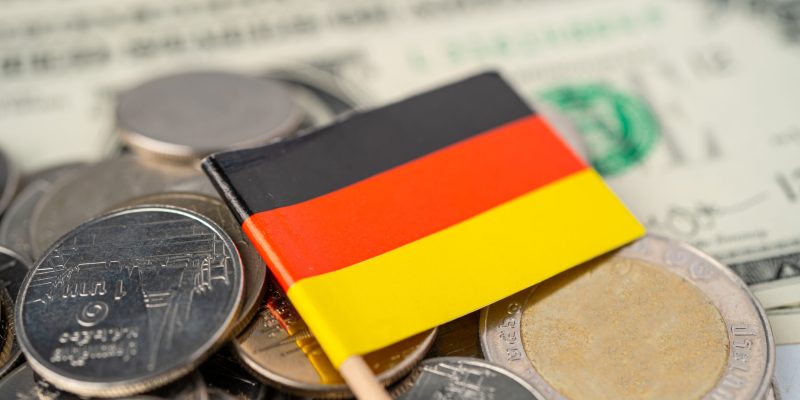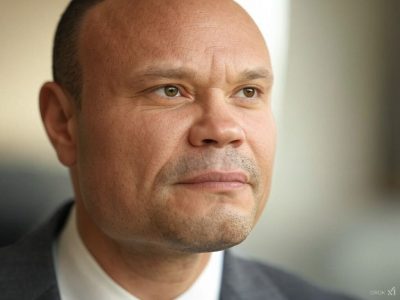
Germany’s industrial heartland is facing growing economic challenges as investor confidence nosedives, casting a shadow over the future of Europe’s largest economy.
The rapid decline in sentiment is the latest signal that Germany’s manufacturing sector—long seen as the backbone of its economy—faces increasing uncertainty.
The ZEW Institute’s latest data, released on Tuesday, highlights the deepening concerns.
Its expectations index, which measures the outlook of investors, dropped significantly to 3.6 in September from 19.2 in August.
This unexpected plunge far exceeded economists’ forecasts, which had predicted a mild dip to 17.
At the same time, the current conditions index sank to -84.5, further highlighting the sour mood.
This stark shift comes as major industrial players face difficult decisions.
Intel Corp., for instance, recently announced a two-year delay in its planned factory project, raising questions about Germany’s appeal as a manufacturing hub.
“The hope for a quick economic turnaround is fading fast,” said Achim Wambach, President of the ZEW Institute, in a statement.
He pointed out that while the economic outlook has dimmed across the eurozone, the decline in Germany’s prospects is more pronounced, adding to a string of disheartening developments.
Monetary policy fails to boost investor confidence
The European Central Bank recently lowered borrowing costs for the second time in quick succession.
The US Federal Reserve is expected to take similar steps during its upcoming meeting on Wednesday, signaling further global monetary easing.
However, according to ZEW President Achim Wambach added, “most respondents appear to have already factored the interest rate decision into their expectations,” suggesting that the move may do little to shift the overall economic mood.
Following a year of economic contraction in 2023, economists have begun adjusting their forecasts for the current year, with many now predicting stagnation or even a slight decline.
While weak demand from international markets remains a significant challenge, deeper structural issues are also weighing on Germany’s economy, which has been struggling since the second quarter of this year when a surprising contraction in output highlighted its industrial sector’s vulnerability.
Despite rising wages, consumer spending remains weak, further weighing down the economy.
German automotive giants face struggles
The broader manufacturing sector, a key driver of the German economy, has been hit hard.
Volkswagen AG, a titan of the automotive industry, recently announced its plans to dismantle a long-standing labor agreement and is even considering closing domestic production plants in response to waning demand.
Similarly, BMW has had to revise its earnings forecasts downward after recalling 1.5 million vehicles due to potentially faulty brakes.
These include unfavorable demographic trends, persistently high energy costs, and intensifying competition from China.
In a quote to Bloomberg, Robin Winkler, an economist at Deutsche Bank, emphasized the severity of the situation, saying,
Current assessments are now almost as dire as they were during the onset of the Covid-19 crisis in early 2020.
He added that while expectations for the future remain somewhat hopeful, the optimistic outlook seen earlier this year has largely evaporated, leaving a challenging road ahead.
The accumulating setbacks suggest that Germany’s economy could be facing a longer and more difficult recovery than anticipated, with little immediate relief in sight for its industrial giants.
The post German investor confidence falls further in September as economic woes worsen appeared first on Invezz









